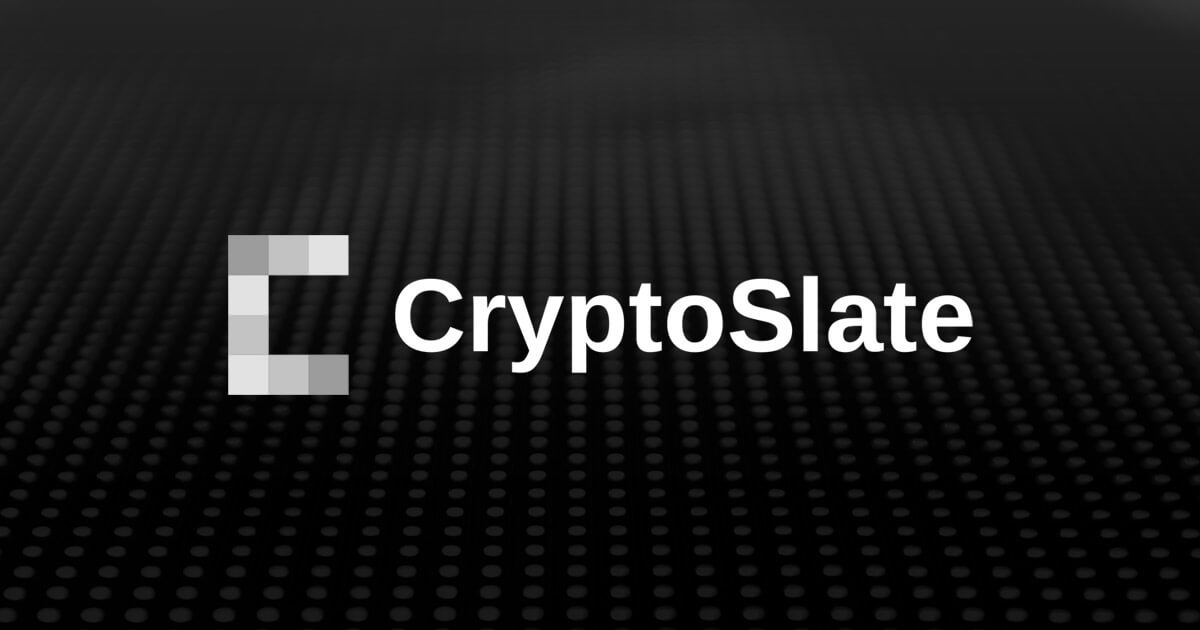Ethereum is advancing its long-term scalability strategy with a substantial technical shift to integrate the zero-knowledge Ethereum Virtual Machine (zkEVM) into the layer-1 blockchain.
On July 10, Sophia Gold, an Ethereum Foundation developer, stated that the foundation aims to ship the L1 zkEVM within a year, marking a critical evolution in Ethereum’s pursuit of efficient, censorship-resistant scaling.
Zero-knowledge (ZK) cryptography allows claims to be verified without revealing the underlying data. This cryptographic method has already seen widespread adoption across Ethereum Layer 2 solutions. Now, EF is preparing to bring zkEVM capabilities to the core of the Ethereum chain itself.
Gold explained that the foundation is building toward a design where validators can choose to verify zk-proofs instead of re-executing blocks. This approach involves verifying multiple zk-proofs generated by separate zkVMs, each representing different EVM implementations.
Gold expressed confidence that L1 zkEVM could be live before Devconnect Argentina in November, citing rapid advancements in proving efficiency and hardware design.
‘Real-time proving’
A major goal for the upcoming zkEVM rollout is enabling “real-time proving,” a process in which block validation happens within the network’s 12-second slot time.
The zkEVM team defines real-time proving as the ability to generate and verify proofs for 99% of mainnet blocks within 10 seconds, with outliers handled in future hard forks.
Critically, the foundation wants to make this process accessible to solo stakers by supporting “home proving.” The idea is to allow individuals running validators from their homes or offices to participate in zk-proof generation without relying on expensive or centralized infrastructure.
The EF has established clear technical benchmarks to achieve this goal. These include proof latency under 10 seconds, capital expenditure no greater than $100,000, power consumption under 10kW, and proof sizes under 300KiB.
Additionally, all code will be open source, and the system must meet a minimum security level of 128 bits.
Ecosystem development
The Ethereum Foundation has launched a new Ecosystem Development (EcoDev) team in parallel with its technical roadmap. The initiative is designed to enhance accessibility and drive broader adoption across the network.
The EcoDev team will focus on four key areas, including growing the developer community, improving relationships with application builders and enterprises, supporting research, and enabling founders’ success.
The team would focus on providing grants, funding programs, and a dedicated launchpad for early-stage projects.
According to the EF, the ultimate goal is to grow Ethereum’s user base and strengthen its technical resilience and social infrastructure.

